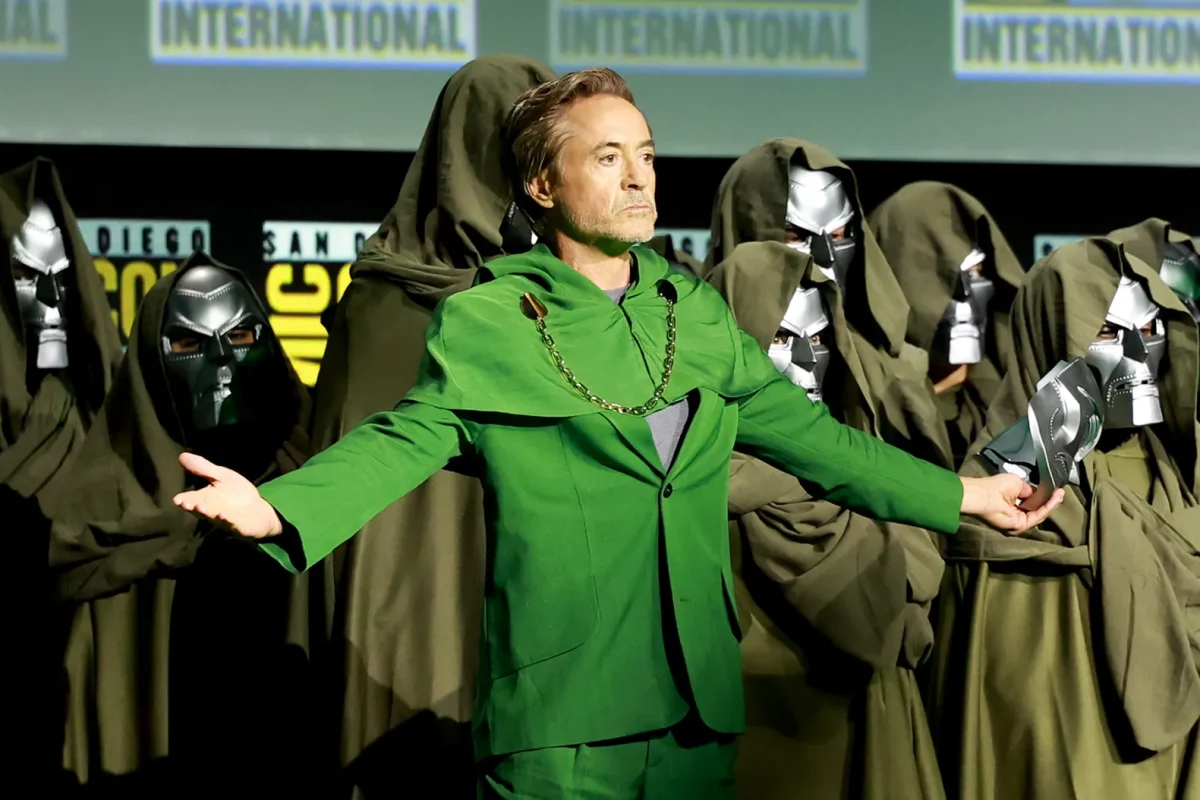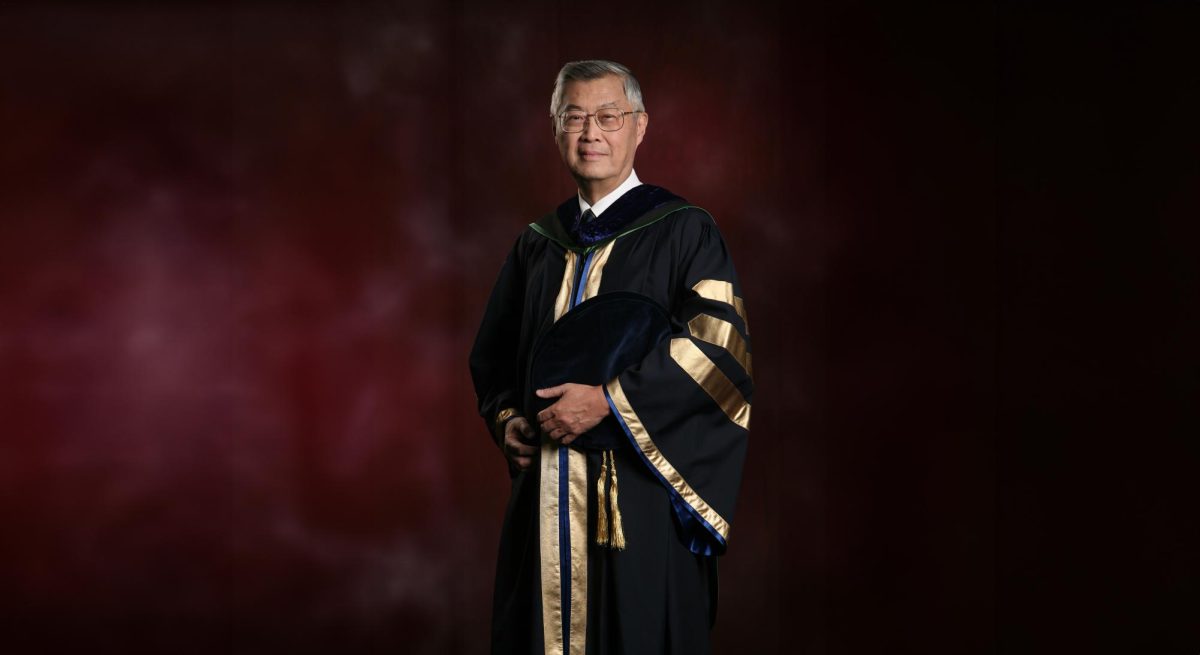After a good two years since the original, the new “Kingsman” sequel hits the big screen, but shooting too close to the sun causes its ambitious ideas to be burned along the ride.
“Kingsman: The Golden Circle” is the latest film in the franchise filled with absurd and fun spy-action moments. Matthew Vaughn returns to direct this sequel after the first movie garnered so much attention.
Kim Gutierrez, a SF State cinema major, described the first film as “deserving of a sequel, but it was good on its own too.”
The point of a sequel is to continue a story or to continue showing a universe where the previous film was built. “Kingsman: The Secret Service” created an expansive world to play around. Its successor, “The Golden Circle,” got unsuccessfully crazier and wackier.
SF State cinema professor Joseph McBride said, “especially since the Bond cycle started, [the spy genre] is a reliable format for action and comedy.”
“The Golden Circle” had potential to extend the cinematic universe of a not-so-average young spy taking down colorful and cartoonish villains. As promising as this genre can be, this film swung for, but missed, opportunities.
Gutierrez explained her thoughts on why the “Kingsman” franchise may still have this potential.
“They’re starting to wrap up the James Bond franchise,” she said. “So if [director Matthew Vaughn] went with a more traditional spy movie, then it’d be too similar to that. They want to put their own twist on a spy movie and make it more entertaining.”
The film keeps the insanity of the first, and even increases those levels of ridiculous and bloody action sequences, but there is a point where the film wants to produce stylization over substance.
For example, while it was cool to see robot dogs attacking Harry Hart, played by Colin Firth, this scene could have been cut immensely rather than lengthening to a runtime of 141 minutes, which is too long. Instead of focusing on the “Kingsman” characters and the energetic violence, the film’s approach was more fixated towards that energized violence.
Moments of action and comedy are present in “The Golden Circle.” However, it seems to be a sequel to only the jokes and fighting moments in the first film; it’s a tired routine.
A re-used formula like the one used in “The Secret Service” can be fun; the sequel is entertaining and still over-the-top. It’s lucky that a performance from Elton John was put into this film as a sweet treat for the audience, too.
Vaughn’s choice to return to this franchise may have been for only his benefit, however. He spoke in a Deadline interview about why he wanted to return to the “Kingsman” cinematic world.
“I had so much fun making the movie, and I became really good friends with the actors,” he said. “It reminded me when I made ‘Lock, Stock’ where it was a bunch of guys and women coming together and having a very collaborative experience, watching each other’s back, trying to make a great film. I enjoyed that here, and I could see a universe expanding.”
According to Stephen Follows, an online database for film and film education, the number of movies in the top 100 grossing films has more than doubled in the past decade, from 9% in 2005 to 22% in 2014.
Hollywood has been looking out for its finances first, unfortunately. Cinema associate professor, Martha Gorzycki, hit the hammer on the head when she said “sequels are about making money.”
Out of the top 10 films that have financially gained the most through the worldwide box office, six of them are either a sequel or a reboot, according to Box Office Mojo.
Follow-ups of films are not all bad if they are cared for as a film and not only a sequel.
McBride points out, “once in awhile something unusual breaks through, but too often the sequels and remakes are big hits, encouraging the industry to keep cranking them out.”
Hollywood just needs to take notes on how to properly deal with a sequel that still holds up to its original’s standards, especially in the spy genre because of its ease into a diverse universe of spy organizations and villains.
“You can do good things with genre films,” McBride said in an email, “but repetition is alien to art.”






